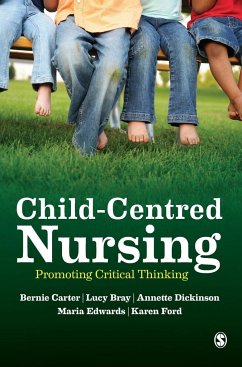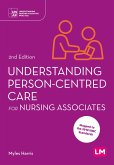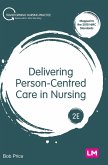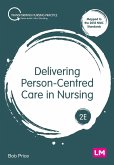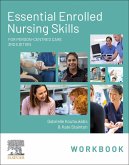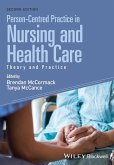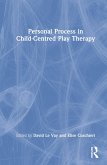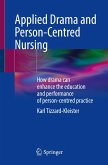"This is an excellent and informative text for Child Health Nursing students. It has interesting case studies that cover care issues as well as considering the use of audit. The book looks at children's nursing worldwide and is not just UK based." - Mel Webb, Faculty of Health and Social Sciences, Bedfordshire University
Hinweis: Dieser Artikel kann nur an eine deutsche Lieferadresse ausgeliefert werden.
Hinweis: Dieser Artikel kann nur an eine deutsche Lieferadresse ausgeliefert werden.
As would be expected of a book by Bernie Carter and her team, this book is highlighted by insight, clarity and advocacy for children. The book s pattern of providing a case scenario as a reference point for each discussion is a good one, as is the critical thinking exercise which accompanies each chapter. Carter is well known for her sensitivity and her insistence that children are their own agents, and this comes through strongly in the book. The book benefits from the range of authors who are able to bring perspectives from across a wide spectrum. I would recommend the book highly to children s and young people s nurses, students of paediatrics, and other health professionals who are interested in the wellbeing of children across all health care and research settings. It will also be good for children and parents who want an insight into what is needed when a child is using a health service of any kind.
Linda Shields, Professor of Nursing 20131211
Linda Shields, Professor of Nursing 20131211

